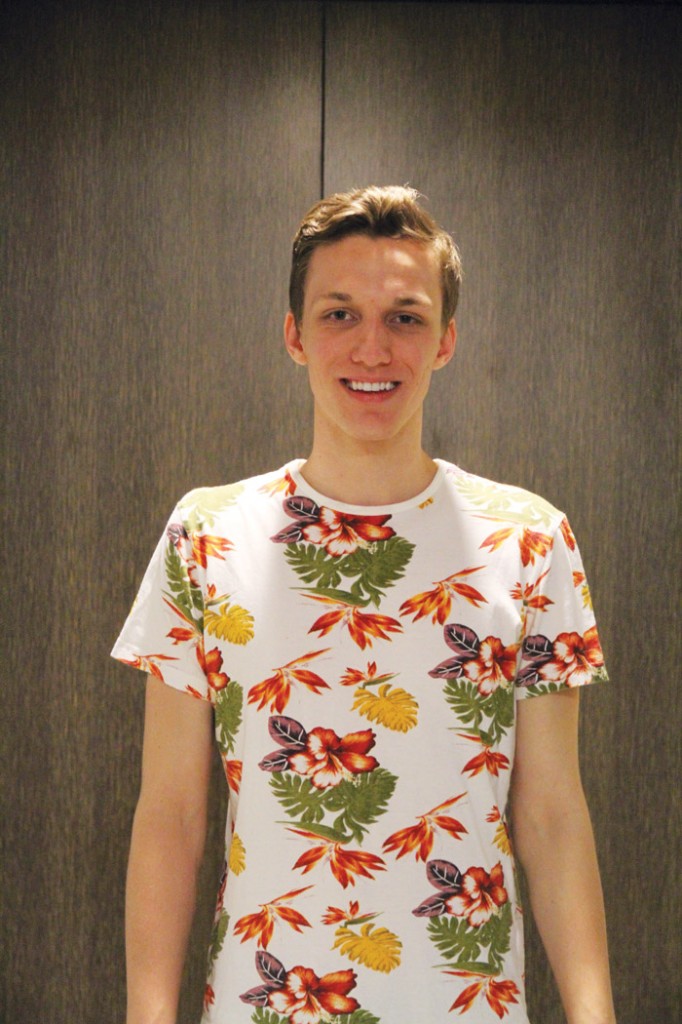Alex Coutin, who worked at UBC this summer, studied recombinant H3, a protein histone involved in maintaining the structure of DNA in a single haploid yeast cell. He looked at the diverse associations of the ASF1 histone chaperone, another protein responsible for the coiling and folding of these DNA strands into chromsomes.
What lab did you work in?
I worked in the Howe lab as part of the Molecular Epigenetics group at the Life Science Centre at the University of British Columbia.
What was your favourite job at the lab?
Interacting with the graduate students [and] trying to come up with an idea on what detection [to use] for a procedure.
What was a difficulty you encountered when working?
Quantifying the H3 took a lot of effort. I had to test a few models to see which antibodies would connect and how to come up with the right controls. I was just coming out of first year, so I didn’t have a lot of biochemical background. I didn’t know how to do a Western [blot]—I was just learning that. I thought it was going to be easy when I started but it involved a lot of critical thinking and I was way out of my depth coming out of first year. The most difficult part was not seeing results right away and having to be patient. Because I’m the type of person that needs results at the end of the day, and most PhD’s don’t see results for weeks sometimes, it was frustrating.
What advice would you give to someone applying for a lab?
Look for something you like. Don’t just do it because it’s a lab job. If you can’t find something, and your excuse is that you can’t find lab work, you’re not trying hard enough. You need to show passion and determination if you want a specific job. But don’t be deluded into thinking you need a lab job in science. It’s not necessary.
Do you want to go into research after graduation?
I don’t plan on doing basic science research, [but] I might [do] clinical research in the future. My goal is to probably become a surgeon or work in healthcare for marginalized groups. Specifically LGBTQ groups, particularly in [transgender] care.
What was surprisingly easy?
The actual procedures weren’t difficult to complete. Getting publish-worthy or grant-worthy results was easy too because once the procedures [and] optimizing [are] done, it’s easy to just pump out results, results, and results.
If you were a mad scientist, what would you do in your lab?
I would probably look at pediatric endocrinology and look for easing transitions in young children.
If you could choose a super power, what would it be?
Transportation to anywhere in the world. That’d be cool.








